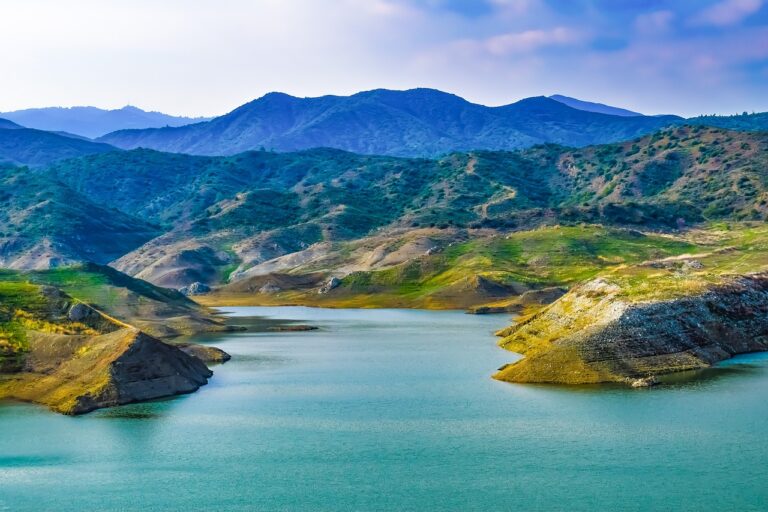Sustainable Safari Tourism: Wildlife Conservation and Community Development in Africa
In many African safari destinations, wildlife conservation efforts are at the forefront of preserving the rich biodiversity that draws tourists from around the world. National parks and reserves play a crucial role in protecting endangered species and their habitats. Rangers and conservationists work tirelessly to combat illegal poaching and enforce regulations to safeguard the wildlife populations.
Local communities surrounding these safari destinations also play a vital role in wildlife conservation efforts. By promoting sustainable practices and eco-friendly initiatives, these communities actively contribute to the preservation of natural resources and wildlife habitats. Through education and employment opportunities in conservation-related fields, local residents become stewards of their environment, fostering a sense of pride and responsibility in protecting their wildlife and natural heritage.
Challenges Faced by Local Communities in Wildlife Conservation
Local communities living near African safari destinations often face numerous challenges in wildlife conservation efforts. One of the main issues is the conflict between wildlife and human activities, leading to crop damage, livestock predation, and even threats to human safety. These conflicts can result in negative attitudes towards wildlife and resistance to conservation initiatives among local residents.
Additionally, limited access to resources and lack of alternative livelihood options further exacerbate the challenges faced by local communities in wildlife conservation. In many cases, these communities rely on natural resources for their survival, making it difficult for them to prioritize conservation over their immediate needs. Finding sustainable solutions that benefit both wildlife and local communities is crucial in addressing these complex challenges.
Role of Eco-Tourism in Supporting Conservation Projects
Eco-tourism plays a pivotal role in supporting conservation projects across African safari destinations. By engaging tourists in sustainable practices and educating them about the importance of preserving wildlife habitats, eco-tourism encourages responsible travel that minimizes the negative impact on the environment.
Furthermore, the revenue generated from eco-tourism activities is often channeled back into conservation efforts, funding initiatives such as anti-poaching patrols, habitat restoration projects, and community-based conservation programs. This economic incentive not only helps protect endangered species and their habitats but also provides local communities with alternative livelihood opportunities that are built on the principle of environmental stewardship.
How can eco-tourism support conservation projects in wildlife destinations?
Eco-tourism can provide financial support for conservation efforts through park fees, donations, and revenue from eco-friendly tourism activities.
What are some examples of wildlife conservation efforts in African safari destinations?
Some examples include anti-poaching patrols, habitat restoration projects, and community-based conservation initiatives.
What are some challenges faced by local communities in wildlife conservation?
Local communities may face challenges such as human-wildlife conflict, lack of awareness about conservation issues, and limited access to resources for conservation efforts.
How does eco-tourism benefit local communities in wildlife destinations?
Eco-tourism can create employment opportunities, support local businesses, and promote cultural exchange between tourists and community members.
How can tourists contribute to wildlife conservation efforts during their eco-tourism trips?
Tourists can support conservation projects by following ethical wildlife viewing guidelines, respecting the natural environment, and participating in community-based conservation activities.





